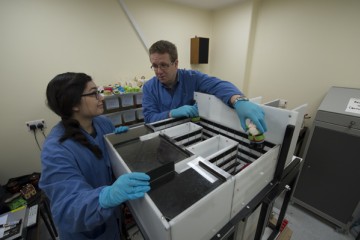PhD Studentship
Spontaneous recognition tasks and the 3Rs

At a glance
Completed
Award date
October 2011 - September 2014
Grant amount
£90,000
Principal investigator
Dr Alexander Easton
Co-investigator(s)
Institute
Durham University
R
- Reduction
- Refinement
